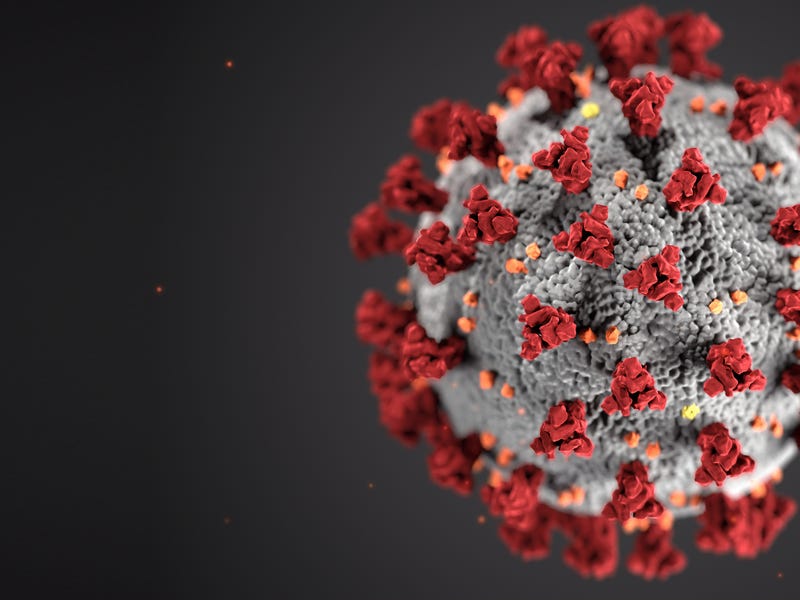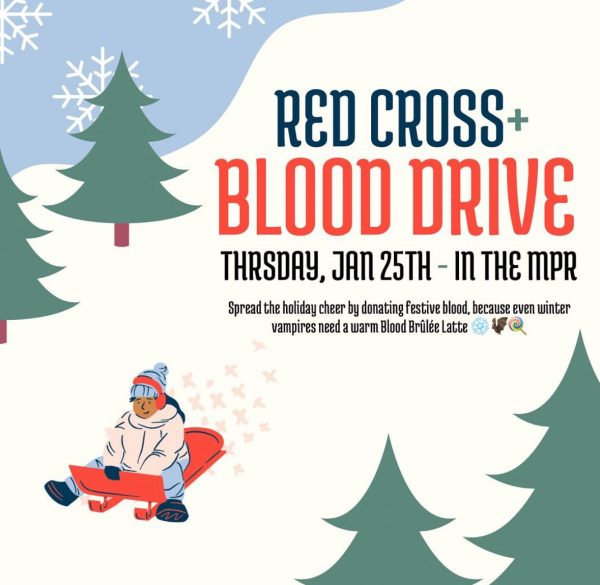COVID-19 Variants: A Hidden Danger
The coronavirus has caused already created a big problem itself. However, with new, more dangerous variants emerging, may the pandemic worsen? (Courtesy of Business Insider)
The coronavirus pandemic has already ravaged the United States, but there may be an even greater threat to the nation: COVID-19 variants. Variants of the coronavirus are, in essence, similar to the virus. However, variants are caused by a gene mutation in the virus, which allows them to evolve and become more powerful. This is worrying, as the original strain of the virus that first appeared in Wuhan, China in December 2019 has already wreaked havoc around the world.
One of these variants was discovered in southern England in September 2020. This variant is known as B.1.1.7 and has 17 changes in its genes compared to the original strain of the virus. Scientists in Britain suspect that this variant may make the vaccines that are being rolled out less effective. This variant also may be more contagious, because the variant sticks better to the body cells of humans. In the United States, 611 cases have been reported in 33 different states.

Another variant, first found in Nelson Mandela Bay in South Africa in early October 2020, may also be more contagious. Additionally, there is evidence that vaccines may not work as well against this variant. This variant, called B.1.153 or 501Y.V2, might have an effect on the use of antibodies to counteract the coronavirus. This is concerning because antibodies have been used to treat COVID-19 throughout the pandemic. This South African variant has spread to the United States, with 5 cases identified in two states (South Carolina and Maryland). There is concern that there may be more unidentified cases in the U.S., as the two cases found in South Carolina were from individuals in different regions of the state, were not connected, and had not recently traveled.
A third variant, originating from Brazil, appeared in early December in Manaus, Brazil. By the middle of January, a major wave of the virus in the city resulted from the spread of the variant. The variant, called P.1, was first identified in Japan’s Haneda airport, near Tokyo, in four individuals traveling from Brazil. The P.1 variant spreads faster than the original strain and has mutations that may have an effect on the ability of COVID-19 antibodies to recognize it. This variant appeared in the United States at the end of January 2021, when random testing of 50 COVID-19 positive individuals in Minnesota revealed that one person had been infected with the variant. This individual had traveled to Brazil prior to testing positive for the virus. Another case of the P.1 variant, also in Minnesota, later appeared in the United States.
A variant of the coronavirus also appeared in California, called CAL.20C. This variant has been found in 35-50% of recently identified cases in Los Angeles. CAL.20C has also been found in the Southwestern and Northeastern regions of the United States. The variant contains five mutations, and it may spread faster than the original coronavirus strain.

As these variants continue to spread, there is worry that the vaccines that have already been approved may not work against them. Trials have been run, and although some vaccines are effective against one variant, they may not work as well against another. The pandemic may seem to be coming to an end, but these variants may pose a threat to the return to normalcy.
Sources:
https://www.cbsnews.com/news/covid-new-variant-hunters-uk-warn-us-mutations-could-be-widespread/
https://www.bbc.com/news/health-55534727
https://www.nytimes.com/2021/01/27/us/california-virus-variant.html
https://apnews.com/article/coronavirus-variant-south-africa-us-2bc397370cdd44afe916ddd6edbaf870
https://www.cdc.gov/coronavirus/2019-ncov/transmission/variant.html
https://www.cdc.gov/coronavirus/2019-ncov/transmission/variant-cases.html












Hans Venema • Apr 3, 2021 at 12:19 pm
A very worrisome problem, these mutations of the ‘original’ SARS-CoV2 virus. I don’t think the human race is ever going to get ‘rid’ of this virus and it’s mutations. Also i think normalcy -such as we knew- will not ever return to the world, there’s always some place on this planet where it will reside and “just wait” before hitting again (not meaning that the virus is a self-thinking being).
Just my thoughts from the Netherlands.